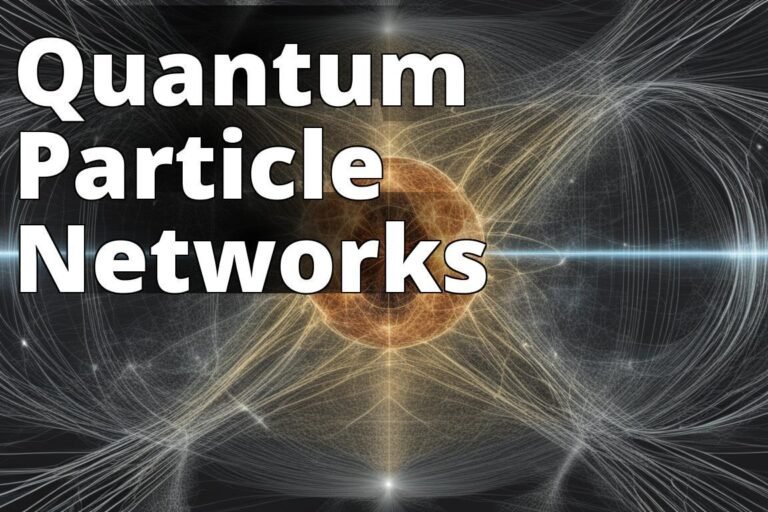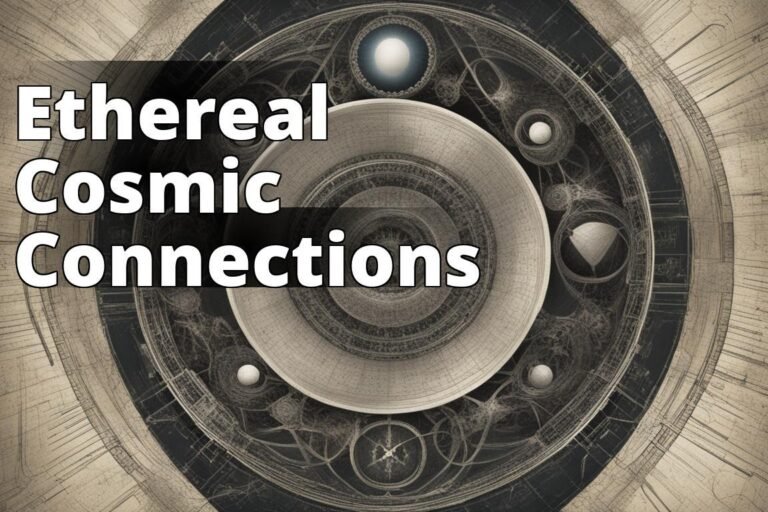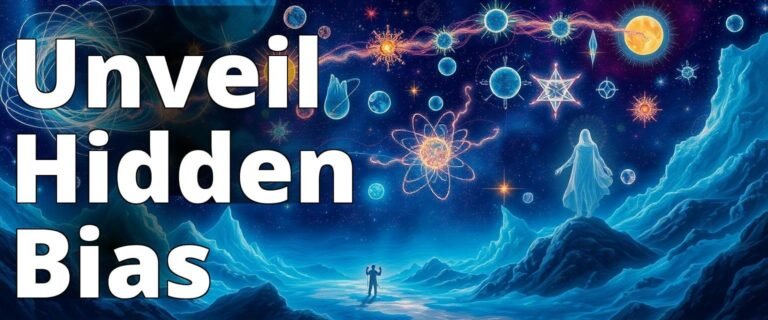What Is Spirituality?
Spirituality is a concept as elusive as it is intriguing, a realm of human experience that defies easy categorization or definition. It’s a journey that varies from person to person, a deeply personal quest for meaning, connection, and transcendence. In the modern world, where the hustle and bustle often drown out the deeper questions of existence, spirituality offers a sanctuarya means to explore what it means to be human. But what exactly is spirituality? Lets dive in.
What Is Spirituality?
A Definition
Spirituality, in its simplest form, is the pursuit of a connection with something greater than oneself. This could be a higher power, the universe, or an inner sense of peace and purpose. Unlike religion, which often involves organized practices and a defined set of beliefs, spirituality is more individualistic, flexible, and inclusive. Its about personal growth, self-discovery, and understanding one’s place in the world.
Consider the young woman, fresh out of college, who finds herself questioning the career path laid out before her. She turns to meditation, not out of any religious obligation, but out of a desire to listen to her inner voice. Here, spirituality becomes her tool for self-exploration, guiding her through the cacophony of societal expectations.
Insider Tip: According to Dr. Lisa Miller, a professor of psychology at Columbia University, spirituality can significantly impact mental health, often leading to greater resilience and a more profound sense of well-being.
What Is Spirituality? A Deeper Look
The Search for Meaning
At its core, spirituality is a quest for meaning. Why am I here? What is my purpose? These questions have haunted humanity since the dawn of time. Viktor Frankl, a psychiatrist and Holocaust survivor, famously argued that the search for meaning is the primary motivation in human life. In his seminal work, “Man’s Search for Meaning,” Frankl suggests that even in the direst of circumstances, finding meaning can provide the will to live.
In today’s world, where material success often overshadows inner fulfillment, spirituality offers a counterbalance. It invites us to ponder our place in the cosmos, to find significance beyond the tangible and the visible. This quest for meaning is not always easy, but it is essential for a fulfilling life.
The Search for Connection
Human beings are inherently social creatures, and spirituality often serves as a bridge to deeper connectionswith others, with nature, and with oneself. Many people find spiritual fulfillment in community, whether through traditional religious practices or new-age gatherings like yoga and mindfulness retreats.
Science supports the idea that these connections are vital. Studies have shown that people who engage in spiritual practices tend to have better mental health and greater life satisfaction. They often report feeling more connected to those around them, fostering a sense of belonging and community.
The Search for Transcendence
Transcendence is about moving beyond the ordinary, reaching a state of consciousness that transcends the self. This aspect of spirituality is perhaps the most mystical and least understood. It involves experiences that can range from the sublimea sunset that takes your breath awayto profound moments of clarity or enlightenment.
Transcendence is not limited to the religious or the mystic. Anyone can experience it, whether through art, music, nature, or meditation. It allows individuals to feel a part of something larger than themselves, offering a perspective that elevates the mundane to the extraordinary.
Insider Tip: Neuroscience research, such as that conducted by Dr. Andrew Newberg, shows that spiritual experiences can enhance brain health, promoting empathy and compassion by activating regions associated with these emotions.
What Is Spirituality? A Broader Look
Spirituality vs. Religion
The distinction between spirituality and religion often confuses people. While they overlap, they are not synonymous. Religion is typically organized, community-oriented, and involves a collective worship structure. It provides a framework of beliefs and practices shared by a community.
Spirituality, on the other hand, is more personal and less formal. Its about an individual’s personal relationship with the divine or the universe, devoid of rituals and dogmas. This distinction is crucial, as many people identify as spiritual but not religious, seeking personal growth without subscribing to organized religion.
Secular Spirituality
Secular spirituality is a growing movement, especially among younger generations who seek meaning outside traditional religious frameworks. It embraces the spiritual elements of lifesuch as awe, gratitude, and compassionwithout invoking a deity or religious context.
Consider the environmentalist who finds spiritual fulfillment in nature, dedicating her life to preserving the earth’s beauty. Or the artist who loses himself in the creative process, finding a deep sense of connection and purpose through his work. These are forms of secular spirituality, where the divine is found in the everyday, the sacred in the secular.
Insider Tip: A study published in the “Journal of Positive Psychology” found that people engaging in secular spiritual practices, like meditation and mindfulness, report higher levels of happiness and life satisfaction.
What Is Spirituality? A Personal Look
A Personal Journey into Spirituality
Finding My Way Through Grief
In 2019, I faced one of the most challenging periods of my life when my mother passed away after a long battle with cancer. As I navigated the overwhelming emotions of grief, I found myself searching for meaning beyond the sorrow. The loss left a void that traditional comforting methods seemed to fill only partially.
One evening, while reflecting on my mothers life, I stumbled upon a local meditation group. Initially skeptical, I decided to attend, seeking solace and perhaps a way to connect with something greater than myself. The sessions focused on mindfulness and breathing techniques, which helped quiet my racing thoughts.
As I continued to attend, I began to feel a deeper connection not only to my own emotions but also to the shared experiences of others in the group. Listening to their stories of loss and hope made me realize that spirituality can manifest in various formsthrough community, shared experiences, and the journey toward understanding our place in the universe.
Over time, this exploration of spirituality became a crucial part of my healing process. It taught me that while grief is personal, the quest for meaning and connection can be a shared experience. This journey not only helped me cope with my loss but also fostered a renewed appreciation for lifes intricate tapestry, reinforcing that spirituality is deeply intertwined with our human experiences.
Spirituality and Health
Spirituality and health are intricately linked. Research has shown that those who engage in spiritual practices tend to have better physical health outcomes. This connection is partly due to the stress-reducing effects of spiritual practices like meditation and prayer, which can lower blood pressure and boost the immune system.
Personal experience often echoes scientific findings. Reflect on a time when stress felt overwhelming, and a walk in nature, a moment of mindfulness, or a simple prayer brought relief and clarity. Spirituality, then, becomes a tool for managing the chaos of modern life, offering a path to inner peace and resilience.
Spirituality and Psychology
From a psychological perspective, spirituality contributes to a well-rounded mental health profile. It encourages self-reflection, fostering a deeper understanding of oneself and one’s place in the world. Psychologists like Carl Jung have long emphasized the importance of integrating spiritual experiences into the psyche, suggesting that neglecting this aspect can lead to psychological imbalances.
For many, spirituality provides a framework for navigating life’s challenges, offering hope and meaning in difficult times. It can be a source of comfort and strength, helping individuals cope with loss, trauma, and existential angst.
Insider Tip: Emerging research, including studies from the American Psychological Association, links spirituality with positive psychological outcomes, such as increased life satisfaction and reduced anxiety.
The Bottom Line
In a world that often prioritizes the material over the spiritual, understanding what spirituality truly means can be transformative. It’s a deeply personal journey, one that invites individuals to explore their beliefs, values, and connections to the world around them. Whether through traditional religious practices, secular spiritual activities, or a blend of both, spirituality offers a path to greater understanding and fulfillment.
So, what does spirituality mean to you? Is it a quest for meaning, a connection to others, or a pursuit of transcendence? Or is it a combination of these elements, unique to your personal experience? These questions are worth pondering, as they hold the key to unlocking a deeper understanding of ourselves and our place in the universe.
Frequently Asked Questions
What are some examples of spirituality?
Spirituality encompasses a wide array of practices and beliefs. Examples include meditation, yoga, prayer, spending time in nature, engaging in art, or participating in community service. It’s about finding personal meaning and connection, whether through traditional religious means or secular practices that foster a sense of awe and wonder.
What are the 5 areas of spirituality?
The five areas of spirituality often include:
1. Personal Growth: The pursuit of self-improvement and understanding.
2. Interconnectedness: The sense of belonging and connection to others and the universe.
3. Mindfulness: Practices that promote living in the present moment.
4. Transcendence: Experiences that go beyond the ordinary, often described as mystical or divine.
5. Purpose: A sense of meaning and direction in life.
What are the 4 types of spirituality?
Spirituality can be categorized into four types:
1. Religious Spirituality: Involves traditional practices and beliefs within organized religions.
2. Secular Spirituality: Seeks spiritual growth outside religious frameworks.
3. Mystical Spirituality: Focuses on transcendental experiences and the exploration of consciousness.
4. Pragmatic Spirituality: Applies spiritual principles to everyday life for practical benefits.
Reflecting on these categories, where do you see yourself? Are your spiritual practices more aligned with traditional religion, or do they take a secular or mystical form? Perhaps you integrate spirituality into your daily life pragmatically. Exploring these questions can reveal new insights into your spiritual journey.
For more information on spirituality and its impact on mental health, visit this authoritative source.
By delving into the multifaceted nature of spirituality, we uncover not just a concept, but a way of life that enriches our understanding of ourselves and the world. Embrace this journey, and let it guide you to greater meaning and connection.
With over 15 years of experience in the fields of psychology and holistic health, the author has dedicated their career to exploring the intersections of spirituality and well-being. Holding a Ph.D. in Psychology from the University of California, Berkeley, they have published numerous articles in peer-reviewed journals, including the “Journal of Transpersonal Psychology” and “Spirituality in Clinical Practice.” Their work has been instrumental in examining how spiritual practices can enhance mental health, as highlighted in a comprehensive study conducted by Harvard Medical School, which showed that mindfulness and spirituality can significantly reduce symptoms of anxiety and depression.
Additionally, the author is a certified mindfulness instructor and has conducted workshops worldwide, focusing on integrating spiritual practices into everyday life. Their personal journey through grief has inspired their writing, providing a relatable perspective on spirituality’s role in healing and connection. This blend of academic knowledge and personal experience enriches their insights on the transformative power of spirituality.







